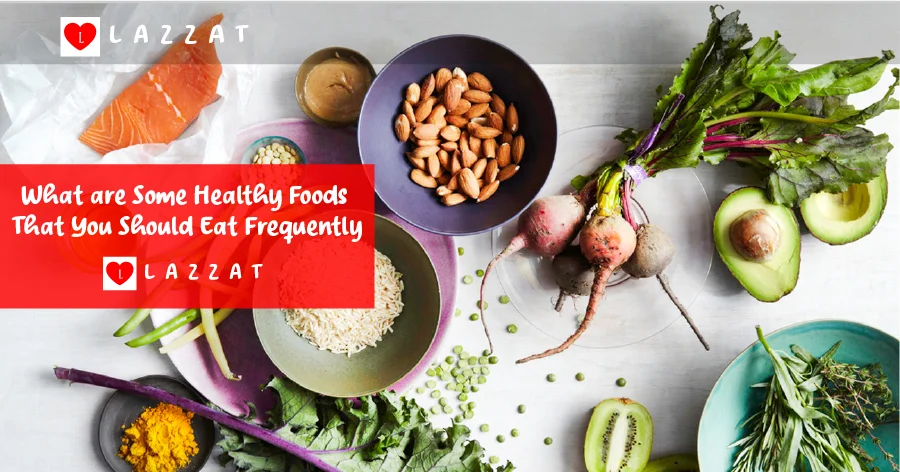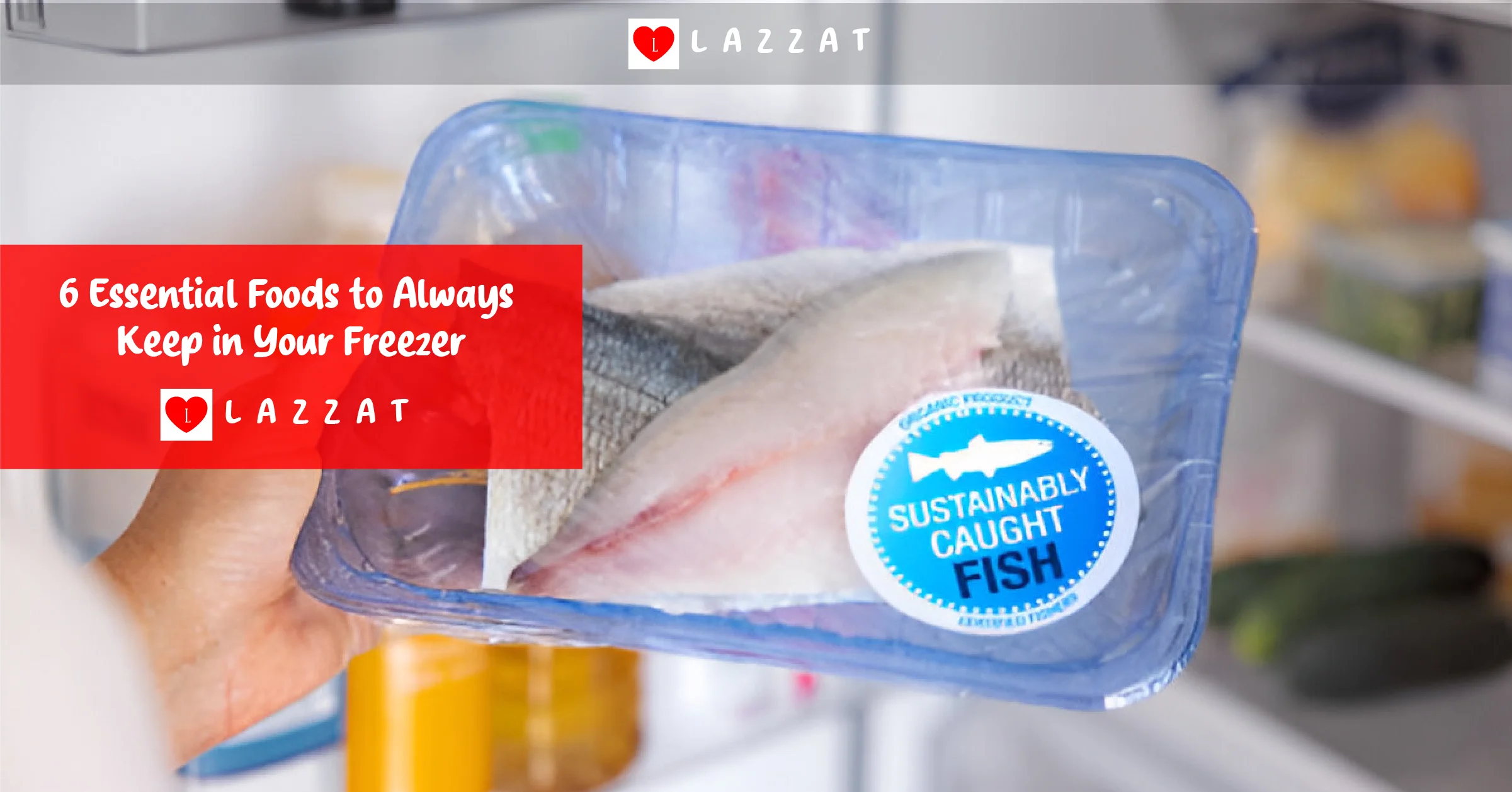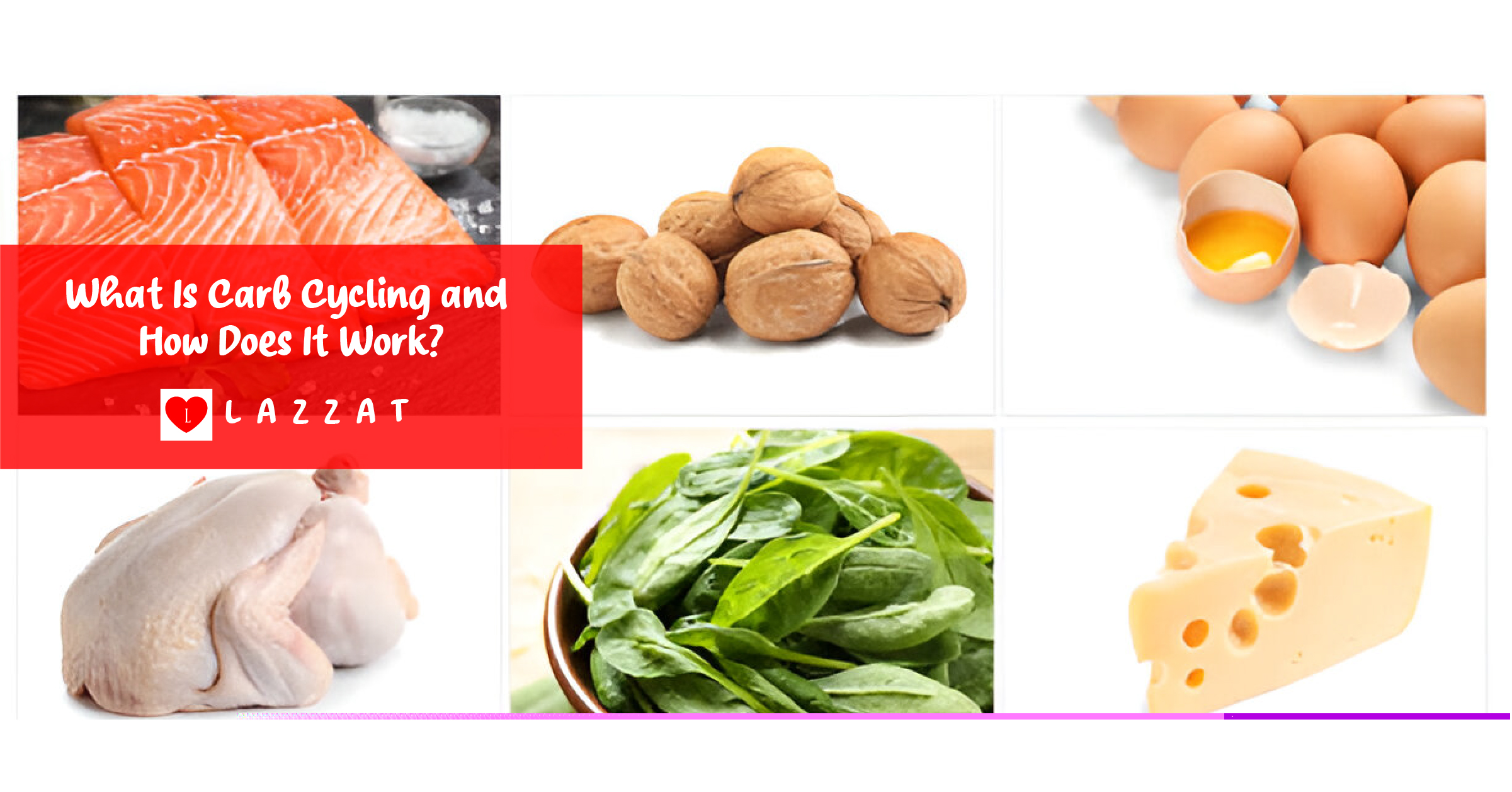Eating a balanced diet is key for your health. Adding a variety of nutritious foods to your meals gives your body what it needs. This includes fresh fruits, vegetables, whole grains, an...
Home / Should Eat Frequently
Browsing Tag: Should Eat Frequently
Featured Posts
6 Essential Foods to Always Keep in Your Freezer
Apr 07, 2025What Is Carb Cycling and How Does It Work?
Apr 05, 2025Delicious & Low-Calorie Recipes for Your Diet
Mar 29, 2025Category List
- Latest
- Popular






